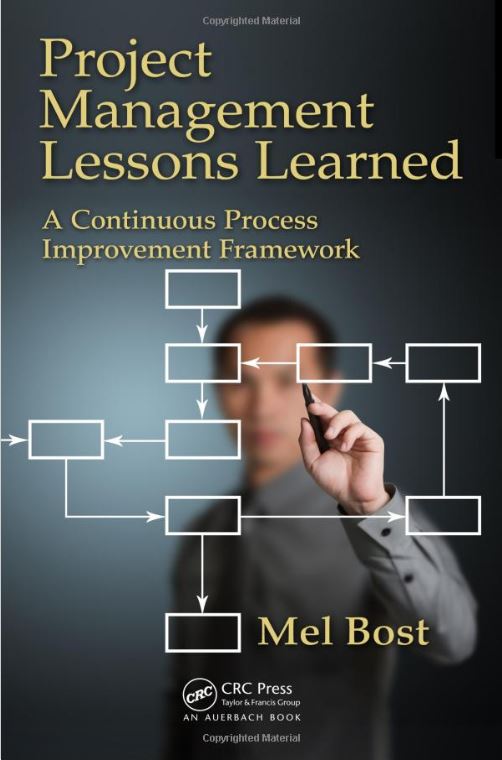If you have been following my blog posts, you know that I have used the term “framing” with regard to projects many times. Some of you may be wondering just what is the significance of “framing” to the success of projects.
When I a was a member of the Shared Services PMO with ConocoPhillips, we had a framework for analysis known as DRA–Decision and Risk Analysis. This framework (decision process) was applicable to both operational and project initiatives in the Corporation.
One of the earliest and most important steps in the Decision and Risk Analysis framework was “framing.” When “framing,” we asked “What problem am I trying to solve with this initiative?”
For projects, it is very important to understand the answer to the question: “What problem am I trying to solve with this project?”
Answering the question means understanding the situation and business context well enough that you can determine when a “problem” has occurred in the corporation, and then determine a course of action for solving the “problem.”
In order to understand the significance of proper “framing,” I would like to relate to you a situation from my own recent experience. As I was driving from point A to point B the other day, I was also listening to a call-in show on the radio. It involved a caller with a real life problem and a “telephone consultant” answering the caller’s question by providing a different perspective and suggesting various action plans that might alleviate the caller’s concerns.
The caller told the consultant that he was despondent about a recent phone call that he had received. He had been married for about ten years, and he and his wife had several children together. He had recently received an anonymous phone call, however, in which he was told that four years ago, his wife had an affair. The man said he believed the anonymous caller because of the details that he gave him about his wife, their family, and about his in-laws.
The caller told the consultant that he had always believed that he had a good marriage, and that his wife had always “acted” as if she wanted to continue in their marriage, with no indication that she had been unhappy. The caller was beside himself because he could not understand the situation. He said that after he received the call, he confronted his wife and she said that she did have a short affair four years ago, and that it long over. He confronted also his in-laws, who confirmed that they had known about the affair, but said that he would have to talk with his wife about any details. The caller felt betrayed, even though his wife had tried to reassure him of her love and her devotion to their family.
The consultant listened to this narrative very carefully and then said, “Sir, over the past four years, has your wife been devoted to your family as a loving wife?” He replied that she had. The consultant said, “Did it ever occur to you that she chose YOU, rather than the other person, to continue her life with? Did it ever occur to you that your in-laws were actually trying to protect you from the truth because they knew the affair was short lived and that your wife had dedicated herself to your home? Did it ever occur to you that the anonymous call was intended to hurt you and your wife because the caller knew he had lost any ability to influence the situation?”
The caller thought for a minute and then remarked, “No, I never thought of it that way. I was so hurt by that anonymous call that I had to lash out at someone. And my wife was the closest thing to me.”
“She chose you,” said the consultant. “Go home and thank her for being the kind of wife she is and the woman you love.”
Whether you agree with the consultant’s advice, she had effectively re-framed the caller’s problem.
How often do project managers get so caught up in the heat of planning a project, that they do not take time to “frame” the project correctly? On the surface, they may see an immediate problem that the corporation is facing, and so they plan the project to alleviate that obvious problem. But others may have a different perspective and bring different viewpoints to the table. Examining the different viewpoints is essential to correctly “framing” the project.
Herb Cohen is a master negotiator and author of a number of books on negotiations. His main theme in negotiations is that “an effective negotiator must care but not too much.” What he means is that, if a negotiator brings too much emotion to a problem or is tied too closely to the emotional outcome of a particular negotiation, he may lose his impartiality. He may incorrectly “frame” the negotiation. He may develop a bias toward one party or the other. He may render himself ineffective in the negotiation.
A project manager faces the same situation when “framing” a project. The next time you plan a project, keep this caller/consultant story in mind. Then sit back and ask yourself “Have I framed this project correctly? Have I really described the problem that I am trying to solve? Or is it being masked by my emotion or by some other circumstances in the organization that I must uncover?”
Success lies in getting the “ingredients” of the pudding right and the right pudding ingredients lie in the “framing.”
Thank you.


Leave a Reply